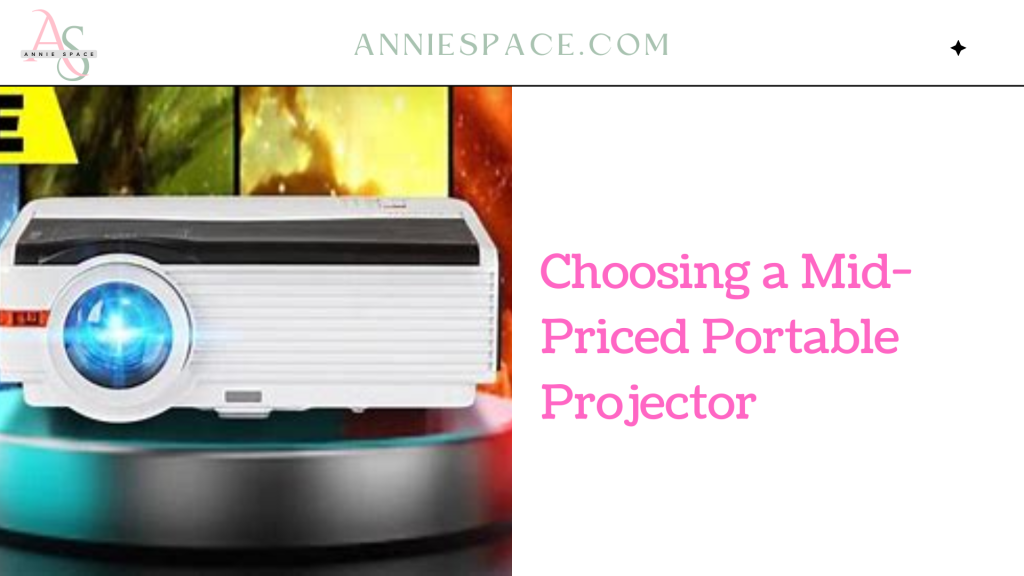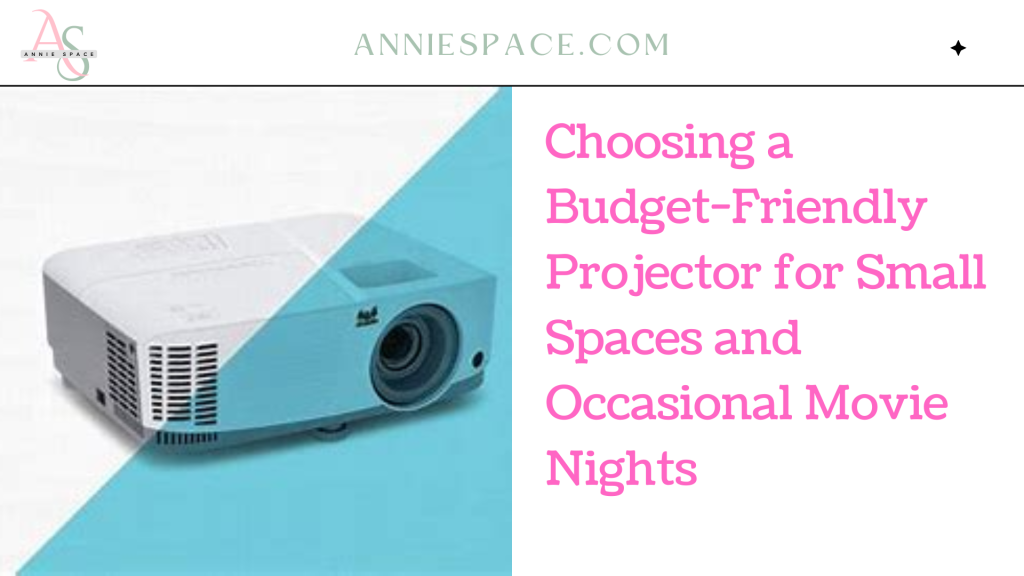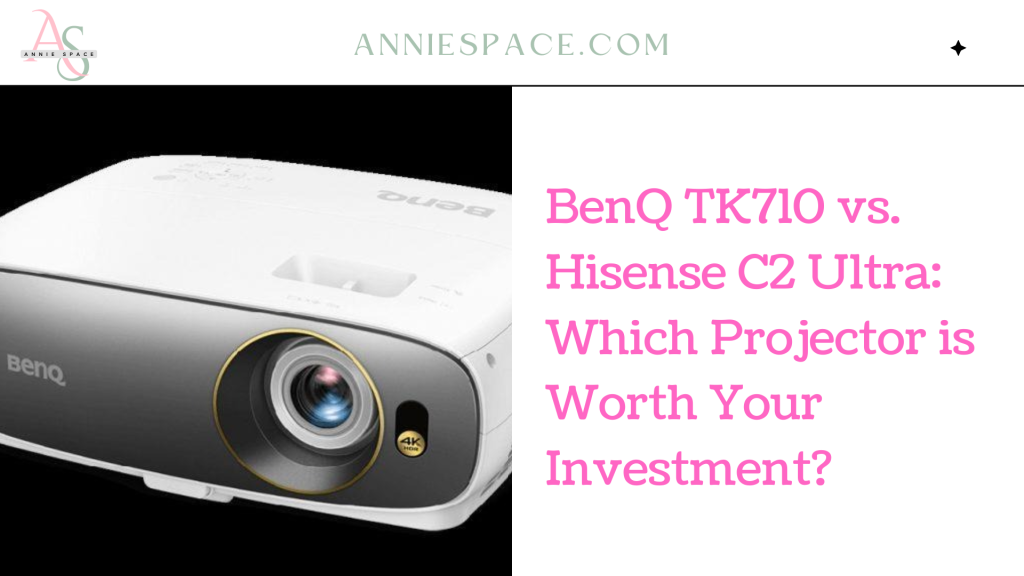Portable projectors in this range need to strike a balance between performance and portability, while still delivering reliable brightness, sound quality, and ease of use. Here’s a detailed breakdown of your shortlisted models and some additional recommendations.
Key Features to Look For
- Brightness: At least 400 ANSI lumens for outdoor use with dim lighting.
- Connectivity: AirPlay, screen mirroring, and Bluetooth are must-haves.
- Audio: Decent built-in speakers are essential for outdoor setups.
- Portability: Lightweight, compact, and durable for travel and camping.
- Operating System: Google TV or a similar built-in OS for convenience.
- Power Efficiency: Low power usage (<70W) is ideal for flexibility with portable power sources.
- Display Technology: DLP, Laser, or 3LCD for better color accuracy and contrast.
Projector Comparison
| Model | Brightness | Speakers | Built-in OS | Power Usage | Notes |
|---|---|---|---|---|---|
| BenQ GV50 | 500 ANSI lumens | Excellent (2.1 speakers) | Google TV | ~85W | Great all-around choice; built-in battery for extra portability. |
| Dangbei Atom | 1200 ANSI lumens | Average | Custom OS (Android TV-like) | ~50W | Brightest option; excellent for daylight; works with power banks. |
| JMGO PicoFlix GTV | 420 ISO Lumens | Decent | Google TV | ~60W | Budget-friendly but limited brightness. |
Analysis of Shortlisted Models
- BenQ GV50
- Pros:
- Excellent audio quality with 2.1-channel speakers (ideal for outdoor use).
- Built-in battery for cord-free use.
- Compact and durable.
- Google TV provides a seamless experience.
- Cons:
- Slightly below the desired brightness level for outdoor use.
- Best For: Users who prioritize sound and ease of use.
- Pros:
- Dangbei Atom
- Pros:
- Brightest option with 900 ANSI lumens, great for dimly lit outdoor environments.
- Low power consumption and compatibility with power banks.
- Compact design.
- Cons:
- Average speakers; might need an external speaker for better outdoor sound.
- Lacks a full Google TV experience.
- Best For: Users who value brightness and power efficiency.
- Pros:
- JMGO PicoFlix GTV
- Pros:
- Budget-friendly with good portability.
- Built-in Google TV.
- Cons:
- Low brightness makes it less suitable for outdoor use.
- Overall performance is not as robust as the other options.
- Best For: Budget-conscious users who prioritize portability and convenience.
- Pros:
Other Recommendations
- Xgimi MoGo Pro
- Brightness: 300 ANSI lumens
- Built-in OS: Android TV
- Power Usage: ~55W
- Why Consider It: A highly portable option with excellent OS integration, though brightness is on the lower side.
- ViewSonic M2e
- Brightness: 500 ANSI lumens
- Built-in OS: Basic Android system
- Power Usage: ~60W
- Why Consider It: Brightness and sound quality are better than most in this range, but portability is slightly compromised.
- Anker Nebula Capsule 3 Laser
- Brightness: 300-400 ANSI lumens
- Built-in OS: Android TV
- Power Usage: ~50W
- Why Consider It: Compact laser projector with decent brightness and excellent OS integration.
Recommendations Based on Priorities
- Best Overall: BenQ GV50
For its balance of performance, portability, and features like Google TV and solid speakers. - Best Brightness and Power Efficiency: Dangbei Atom
Ideal for outdoor use and low-power scenarios. Add a portable Bluetooth speaker for sound. - Best Budget-Friendly Option: JMGO PicoFlix GTV
If brightness is less critical, this is a lightweight, affordable choice with Google TV.
Tips for Optimal Use
- Use a portable screen for better image quality outdoors.
- Pair with a compact Bluetooth speaker if audio quality is crucial for your setup.
- For outdoor trips, consider a power bank with 65W USB-C output for extended use.
The BenQ GV50 is likely the best fit for your needs, especially if you prioritize ease of use and sound quality, while the Dangbei Atom is a strong contender for brightness and power efficiency.
Useful content ? Spread the word 😉



